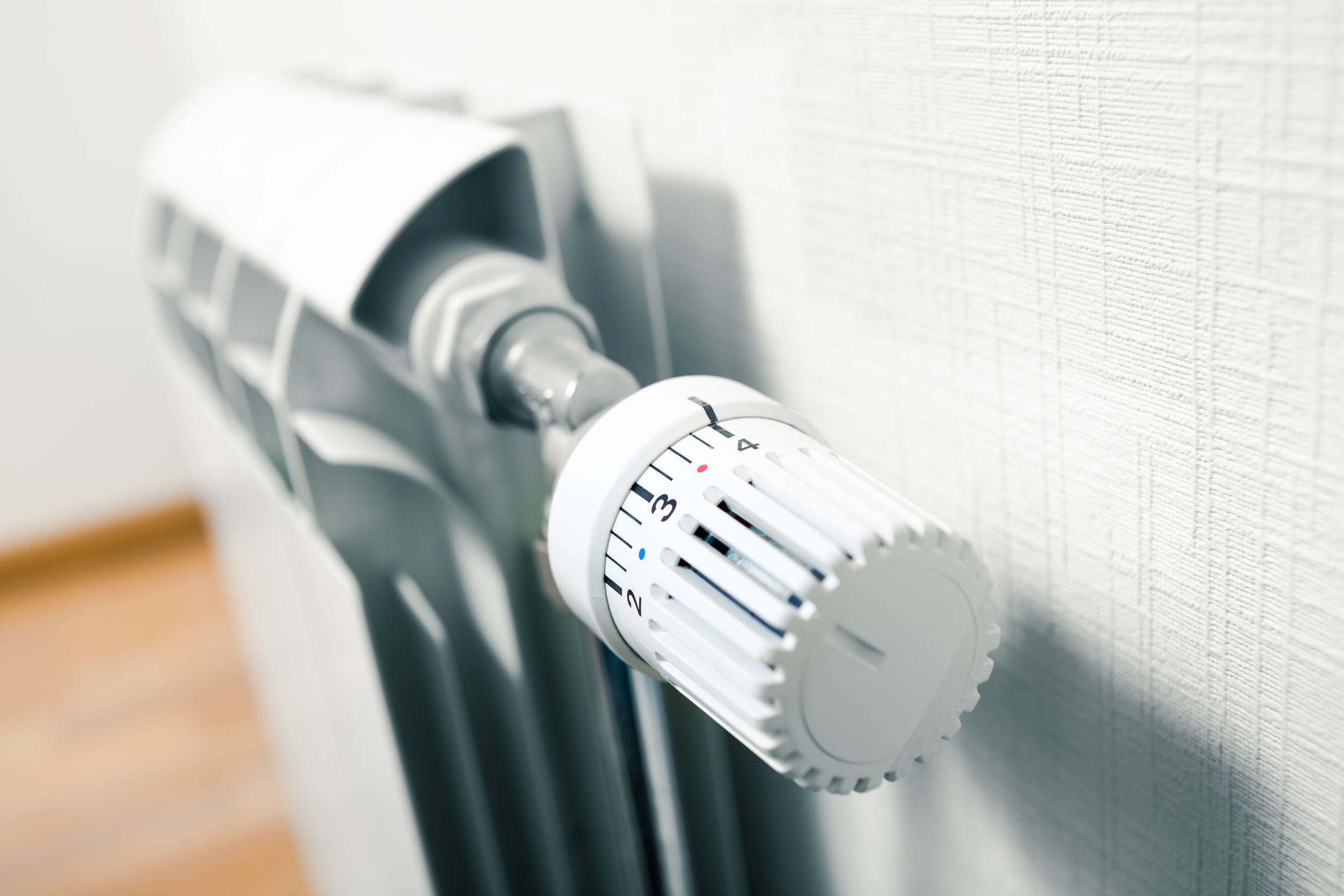Spot the signs – know when your heating system is telling you it wants a power flush
If your central heating system has been under-performing, your radiators are taking longer to warm up, or you are noticing cold spots on them, your system would probably benefit from a power flush.
What is a central heating or radiator power flush? A power flush is a complete flushing of your central heating system to remove all fluids from your system and remove debris and sediment that may have built up over the years. This process restores central heating efficiency and prolongs the life of central heating parts and components.
The obvious benefits of doing a power flush is restoring your central heating system to full working order and preventing sediment and other debris from potentially causing harm to your boiler and other heating components. But how can you tell if your central heating system could use a power flush?
Well obvious signs are cold spots on your radiators, particularly on at the bottom where sediment can lay. This can be particularly prominent in central heating systems that don’t have a magnetic filter fitted to their boiler. Radiators that need constant bleeding is another sign your central heating system might need a power flush service. A noisy radiator or boiler could indicate it’s working harder to push fluid/sediment through the system so this is also a common sign.
10 of the most common signs your central heating system needs a power flush include:
- Radiator heating is uneven, typically the bottom of the radiator remains cold if sediment is blocking fluid from circulating here.
- Your radiator is noticeably taking longer to heat up. If pipes are becoming blocked it will take much longer for fluids to circulate your heating system and work their way to your radiator.
- Noises coming from the heating system could be a sign of a blockage somewhere in the system. Blockages will have a knock-on effect on other heating system components that may struggle to perform if under these conditions.
- Boiler breakdowns. If things have been left a little too long and you hadn’t noticed any of the other symptoms, a boiler breakdown may happen due to a sediment blockage.
- Higher energy bills could be another sign of inefficiencies caused by a blockage in your central heating system.
- Discoloured water. If you notice rusty water when bleeding your radiator, this is a sign that components with the central heating system have began to oxidise and rust, thus shedding sediment into the heating system.
- Uneven heating. Again this isn’t just per radiator but uneven heating may affect individual rooms in the house if you notice a particular room is not heating like the rest of the rooms – and everything else seems ok, this could be the result of a blockage that needs power flushing.
- Noticing leaks around your pipes, radiators, boiler, and other central heating system components could be a sign on a buildup of pressure that has caused a break in the system.
- unpleasant smells coming from the central heating system is another symptom of sediment and bacteria on sediment buildup in heating systems.
- If you’re experiencing poor water pressure, blockages in the system could be preventing the right water pressure from reaching its destination.
At Baker Smith Ltd, we can provide power flush services for your heating system if we diagnose this to be beneficial to your heating system. Find out about this service and get in touch with us. To ensure your heating system is in full working order, why not have the team round for a boiler servicing? we’re top-rated by our customers and can help with any boiler or central heating issues you may be experiencing.


